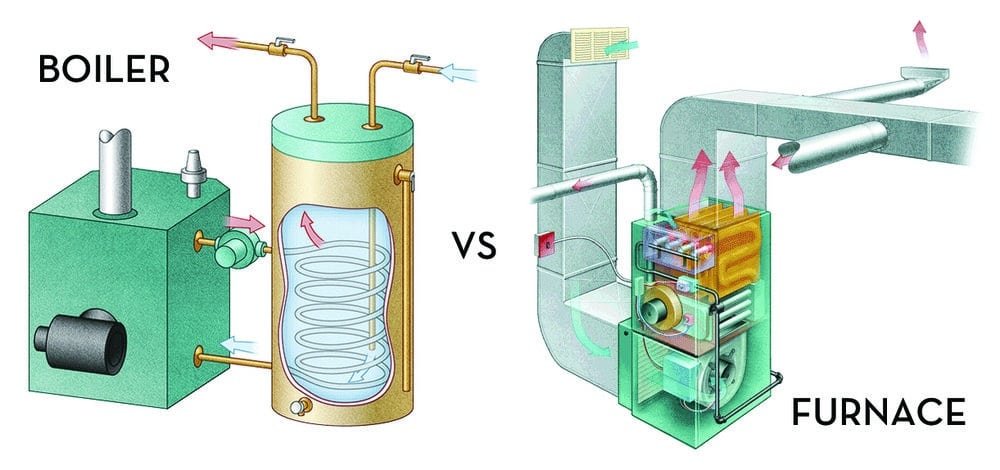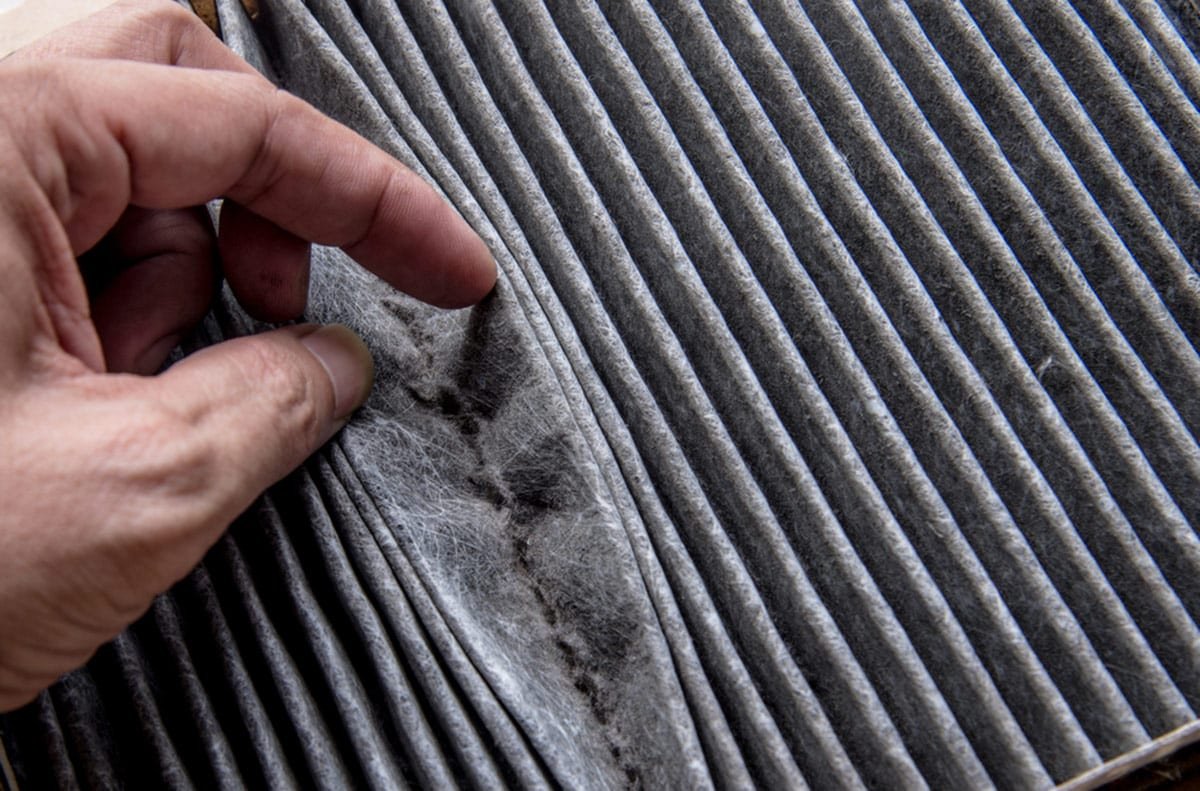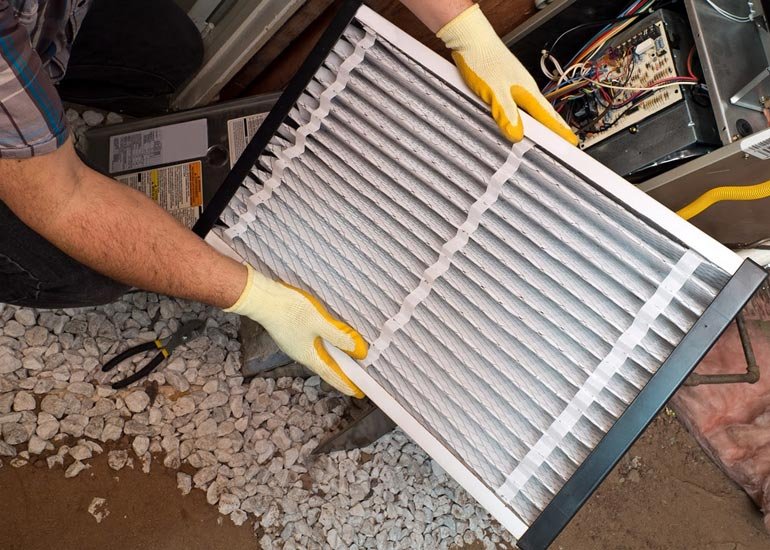Deciding between a boiler and a furnace can be difficult. Both systems have their pros and cons, and it ultimately comes down to what will work best for your home. In this blog post, we will compare and contrast Boilers vs Furnaces so that you can make an informed decision about which one is right for you!
What is A Furnace, and How Does It Work?
A furnace is a heating system that uses hot air to heat your home. Burning natural gas, propane, or oil produces hot air. They used to heat coal or wood in the past, but today they use gas or electricity. Modern furnaces are pretty efficient, consuming up to 98% of the fuel they need. Discover and comprehend the many furnace kinds on the market.
The furnace blows air across a heat exchanger, which warms the air and then sends it through ductwork to distribute the warmth throughout your home.
What is A Boiler, and How Does It Work?
A boiler is a heating system that uses hot water to heat your home. You can power boilers using natural gas, propane, oil, or electricity. The water is heated in a chamber and circulated throughout your home by a pump.
One of the benefits of a boiler is that it can provide hot water for your home. It means that you can have one system that includes heat and hot water, which is convenient. Boilers are also very efficient, with some models reaching up to 98%.
Now that you know how each system works, let’s compare them.
Comparing Boilers vs Furnaces
There are a few key factors to consider when deciding between a boiler and a furnace.
- Cost: Boilers tend to be more expensive to install than furnaces. They require additional piping and pumps to circulate the water throughout your home.
- Efficiency: Boilers and furnaces can be very efficient, with some models reaching up to 98%.
- Space: Boilers take up more space than furnaces because they require additional piping and pumps. It can be a consideration if you have a small home or limited space for your heating system.
- Fuel type: Boilers can be powered by natural gas, propane, oil, or electricity. In contrast, you can use furnaces with natural gas or electricity.
- Hot water: Boilers can provide hot water for your home in addition to heat, while furnaces cannot.
Boilers vs Furnaces: Maintenance Requirements
In comparison to a furnace, a boiler system requires different upkeep. A boiler unit’s yearly tune-up may be done by a professional. In contrast, furnaces need to be inspected annually, and your air filters need to be changed every two or three months. If you live somewhere with a lot of dust or animals, you may need to replace your furnace filters more regularly.
A natural gas furnace requires different maintenance than a natural gas boiler. Once a year, it is essential to have both systems inspected by a qualified service provider to lower the risk of gas leaks or natural gas poisoning. Boilers also require an annual service to bleed the radiators and check for any leaks in the system.
Conclusion
Now that you know the difference between boilers and furnaces, you can decide which one is right for your home. If you have a small house or are limited in space, a furnace may be your best option. If you want the convenience of having one system that provides both heat and hot water, then a boiler is the way to go. Be sure to have it regularly inspected and serviced, whichever system you choose to keep it running efficiently and safely.









